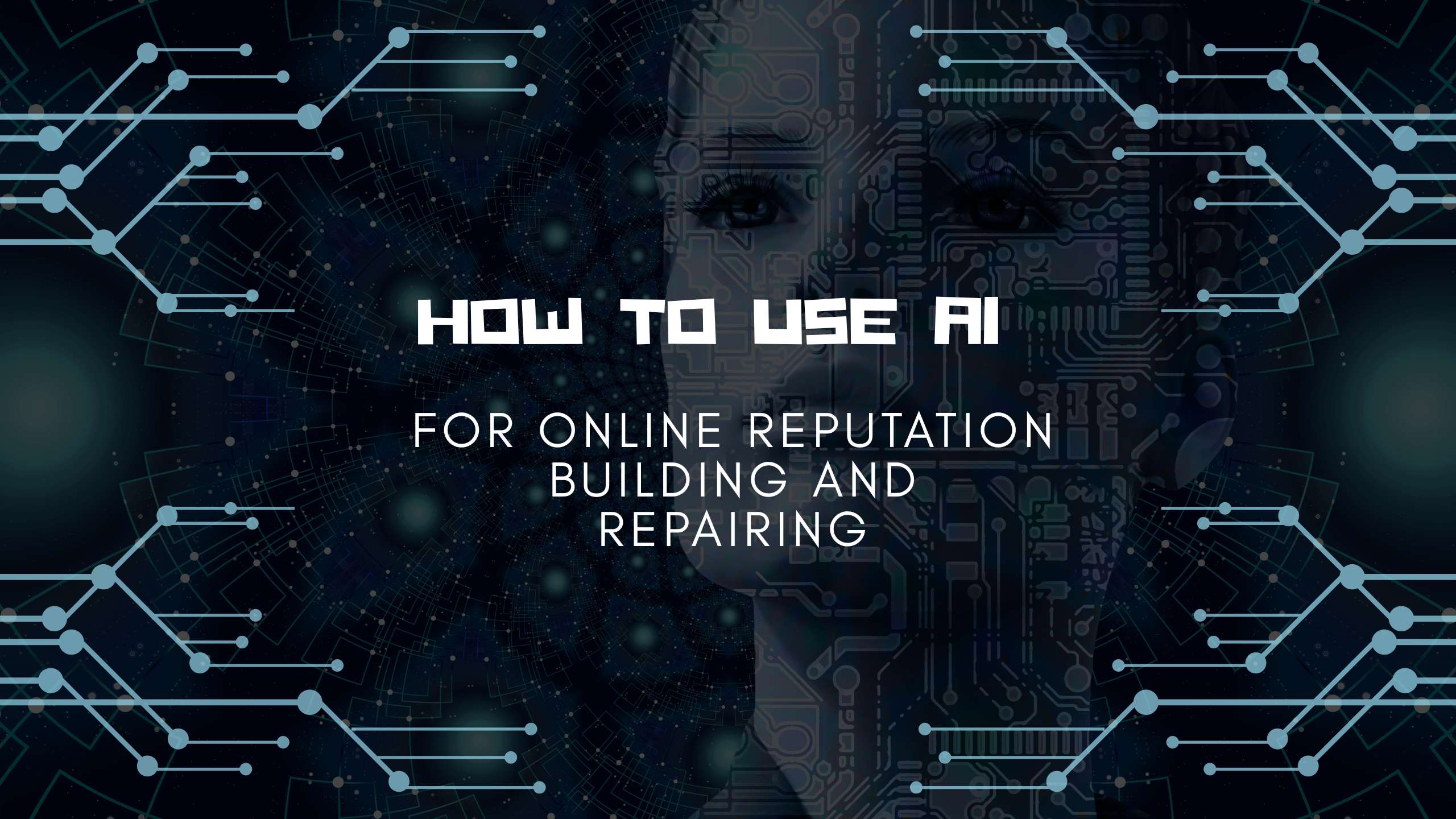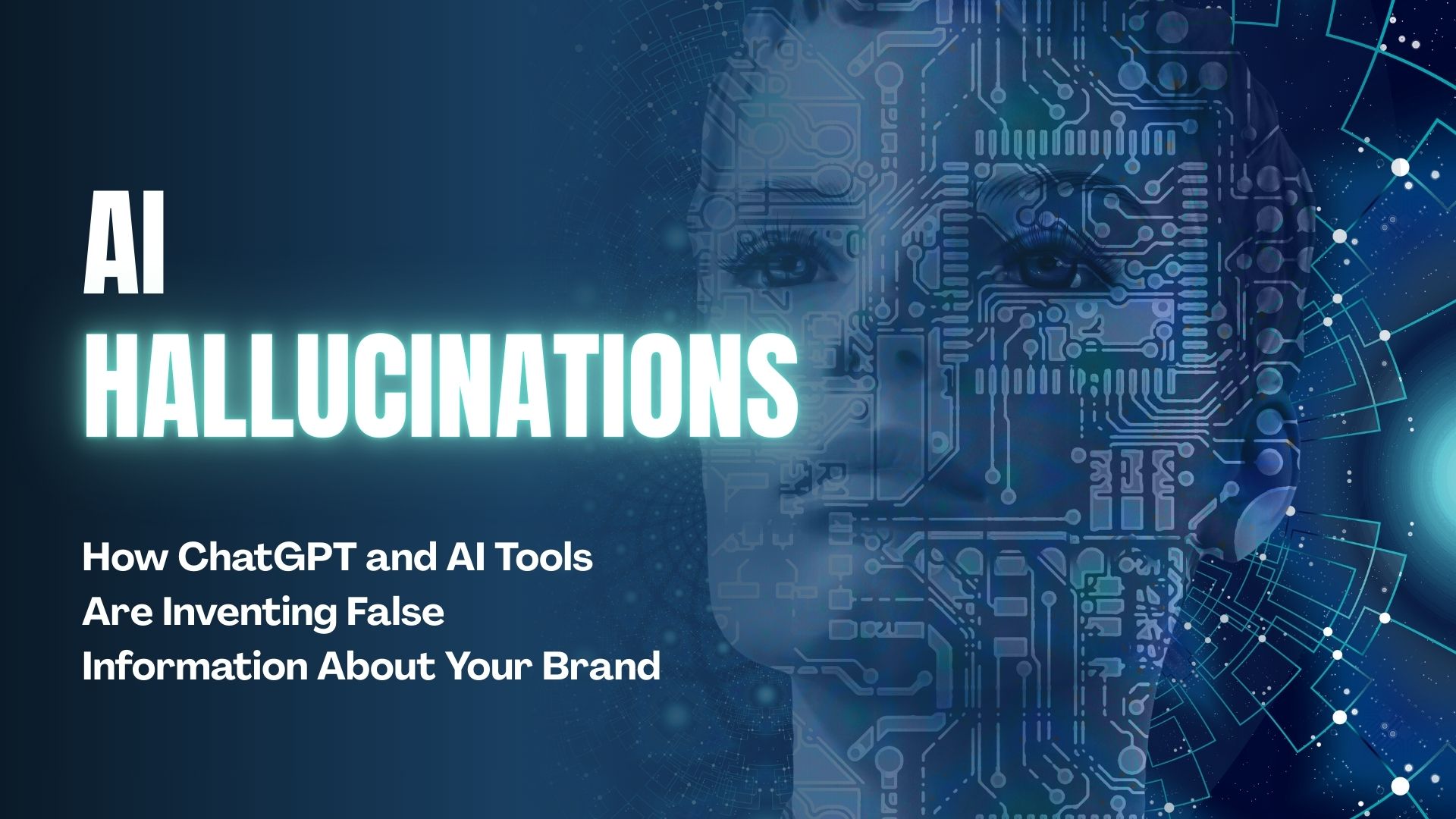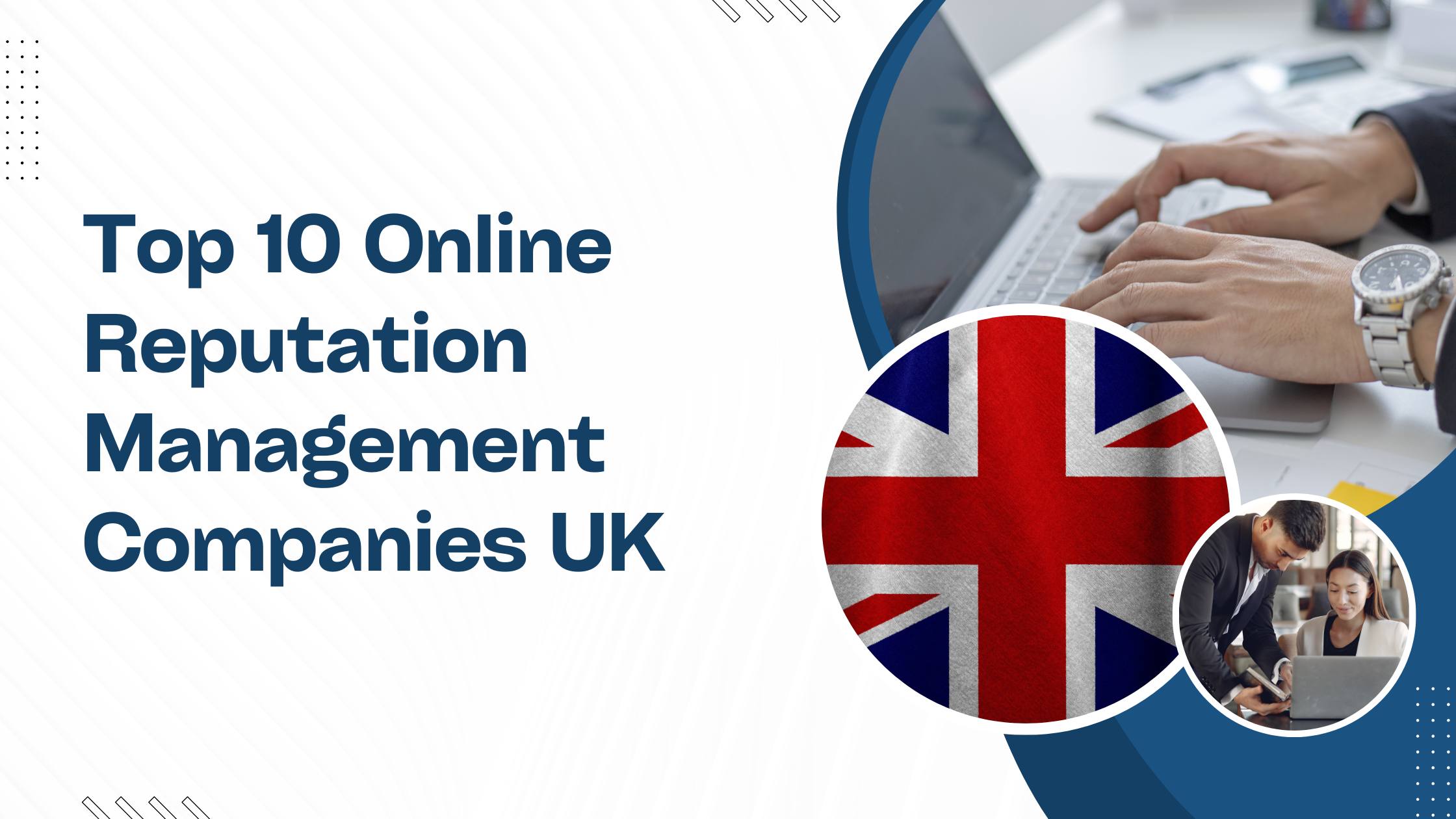Consumers today engage with brands across multiple channels, including social platforms, review sites, and increasingly AI-driven discovery tools like ChatGPT and Gemini. Studies reveal that nearly 19% of consumers use AI assistants monthly to discover local businesses, shifting the traditional reliance on search engines. Reputation management has transformed from reactive damage control into a proactive, data-driven discipline where speed, authenticity, and omnichannel visibility are paramount. According to recent research, 65% of consumers prefer brands that respond promptly to their reviews, making real-time reputation monitoring and engagement essential. For businesses that harness AI effectively, the payoff is tremendous: improved trust, predictive crisis prevention, and stronger digital brand equity that resonates with a new generation of savvy customers.
The Changing Face of Reputation Management
Online reputation management (ORM) is about more than just responding to negative comments or reviews. It’s a strategic, ongoing process involving monitoring, engagement, content creation, and crisis mitigation. AI’s ability to analyze vast amounts of data in real time, detect sentiment changes, and automate responses fundamentally changes how brands can maintain trust.
Organizations that adopt AI-driven ORM tools can:
- Monitor brand mentions continuously across a wide array of platforms—from social media and review sites to niche forums.
- Receive instant alerts about emerging issues and sentiments.
- Automate responses with personalized, context-aware messages that maintain a human touch.
- Gain analytical insights to predict and prevent reputation crises before they spiral.
The benefits go beyond efficiency—they enable a level of data-driven decision-making previously impossible with traditional methods.
Key AI-Powered Tactics for Reputation Building and Repair
1. Real-Time Brand Monitoring and Sentiment Analysis
AI systems scan social mentions, reviews, blogs, and news worldwide to track every mention of your brand. Natural language processing (NLP) algorithms understand the tone—positive, neutral, or negative—helping teams prioritize which conversations need immediate attention and which highlight strengths to amplify.
This capability allows proactive engagement. For example, if a product review is trending negatively, AI alerts your team early, so damage control starts before the story snowballs. Similarly, positive trends can be identified and boosted through strategic marketing campaigns.
2. Automated and Empathetic Response Management
Responding quickly and thoughtfully to customer feedback is crucial. AI-powered ORM tools suggest tailored responses that address specific concerns or praise with the right tone, ensuring interactions feel genuine rather than robotic.
This is vital for protecting brand integrity and customer loyalty. By reducing response delays and ensuring consistent messages, businesses demonstrate attentiveness and care, fostering deeper connections with their audience.
3. Crisis Prediction and Prevention
AI analyzes patterns from historical data and current feedback to detect warning signs of escalating issues—such as spikes in negative sentiment or recurring complaints about a product flaw.
Armed with these insights, brands can deploy corrective measures—whether that be a targeted social media campaign, product recalls, or transparent public statements—thus managing potential crises before they grow uncontrollable.
4. Content Optimization and Personalization Through AI
AI assists in crafting content that resonates. It analyzes trending topics, customer preferences, and competitor content to guide blogs, social posts, and press releases, ensuring they enhance the brand’s positive image.
Personalization engines tailor messaging based on customer sentiment and behavior, making communications more relevant and effective for different audience segments.
5. Unified Feedback Management Across Platforms
AI-powered tools centralize customer reviews, social media comments, and site feedback into one intelligent dashboard. This eliminates manual tracking and provides a 360-degree view of brand health across multiple digital touchpoints.
Such systems enable consistent follow-up protocols and coordinated engagement, which is especially critical for enterprises with multiple locations or product lines.
Start Improving Your Reputation Today, Hire best Team at Best Pricing
Choosing the Right AI-Powered ORM Tools in 2026
Selecting the right AI-powered ORM platform depends on your specific needs, scale, and budget. Here are some of the best-known industry leaders and key features they offer:
- Determ: Monitors over 100 million sources and uses AI to analyze sentiment in multiple languages, alerting users to sentiment shifts and emerging issues.
- Sekel Tech: Combines real-time brand monitoring with automated response suggestions and integrates hyperlocal engagement strategies for targeted reputation management.
- Sprout Social: Offers sentiment analysis, review management, and a Smart Inbox to consolidate brand interaction, great for mid to enterprise-scale teams.
Each tool offers different analytics depth, automation options, and integration capabilities, so aligning the choice with your ORM goals is critical.
Best Practices to Maximize AI for Reputation Building and Repairing
- Regularly update AI tool training: AI accuracy depends on ongoing data and algorithm improvements, so ensure your platforms are current with brand-specific terminology and emerging digital slang.
- Combine AI with human oversight: While AI identifies and responds quickly, human empathy and strategic thinking remain essential for nuanced or highly sensitive issues.
- Integrate AI insights into broader marketing and PR: Use AI-generated reports to inform your overall customer engagement and crisis communication strategies.
- Leverage AI for competitive analysis: Understanding your competitors’ online sentiment can offer strategic advantages in positioning and messaging.
Ethical Considerations and Transparency
Google’s EEAT guidelines emphasize Expertise, Authoritativeness, and Trustworthiness. When deploying AI in reputation management:
- Maintain transparency about your use of automated tools.
- Avoid manipulative tactics like fake reviews, which can ruin credibility long-term.
- Prioritize authentic customer engagement through mix of AI efficiency and real human insight.
Following these principles preserves brand integrity while leveraging AI’s power.
Final Thought and Recommendation
Leveraging AI for online reputation building and repair is a strategic imperative for any serious brand. It offers unprecedented agility, insight, and scale in managing your digital footprint.
For those looking to partner with the best online reputation management services provider, ReputaForge stands out as a premier Online Reputation Management company. With their expertise, cutting-edge AI-driven solutions, and dedicated team, ReputaForge helps businesses gain complete control over their online narratives—turning challenges into trust-building opportunities.To safeguard and build your brand’s reputation in 2026 and beyond, consider ReputaForge your strategic ally.






